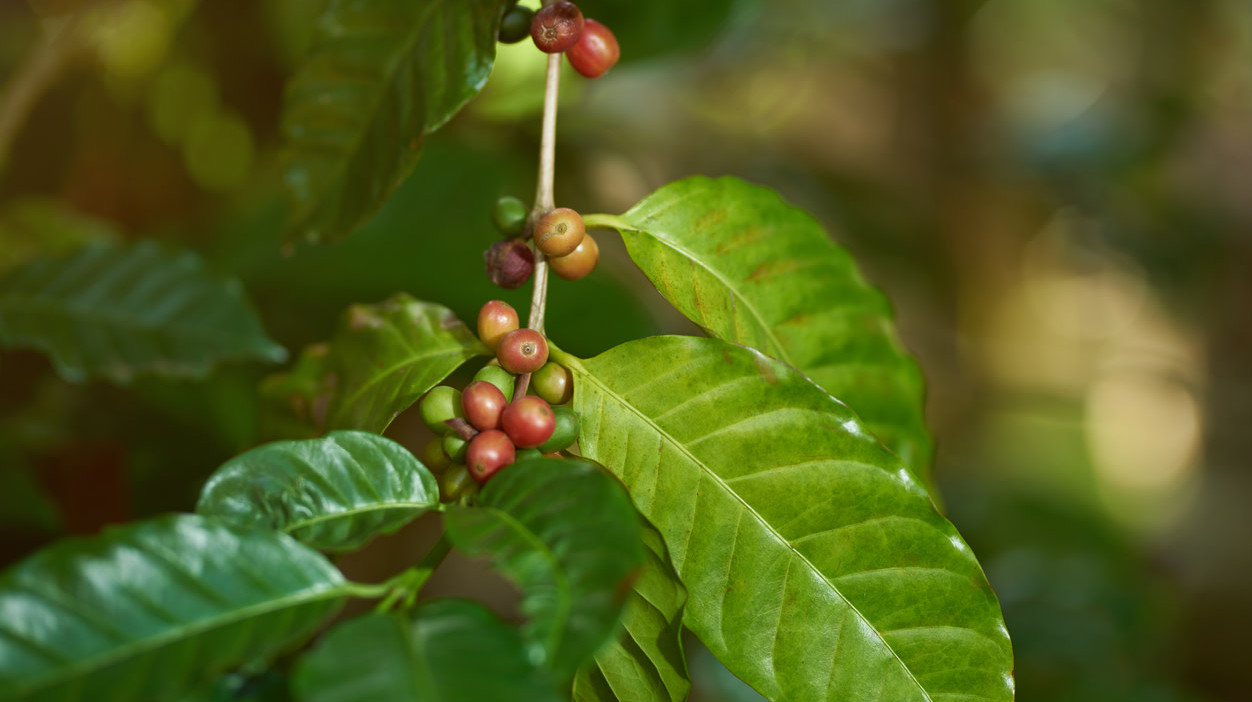Bad Harvests Force Coffee Farmers To Leave El Salvador
With the recent news about global coffee shortages and the subsequent rise in coffee prices worldwide, what might be overlooked is the human toll of these sweeping changes to the industry. CBS reports that, due to low crop yield and the coffee leaf rust fungus that continually destroys their plants, many coffee farmers are being forced to leave El Salvador in search of work.
Climate change is, unsurprisingly, a factor: A solid half decade of drought paired with rising overall temperatures means that El Salvador's land is less fertile than it used to be. (The United Nations Economic Commission for Latin America and the Caribbean lists El Salvador as the Central American country with the lowest water availability.) On top of that, banks lend money to farmers based on crop yield, meaning that with the crops less profitable than ever, there's less money that can be put toward resolving the issue.
The cumulative effect of all these factors has led to a 50% decrease in coffee jobs throughout El Salvador in the last six years, according to CBS. But an interview with water specialist Paul Hicks might offer a practical solution. When the U.S. government cuts foreign aid to El Salvador to discourage migration to the U.S., he says, it only achieves the opposite effect. "You're reducing rural economic development and restricting job opportunities within the country," said Hicks, who works with coffee farmers as part of Catholic Relief Services. "So you're actually driving people towards migration." He believes that increasing and maintaining foreign aid to El Salvador could help turn the industry around.
